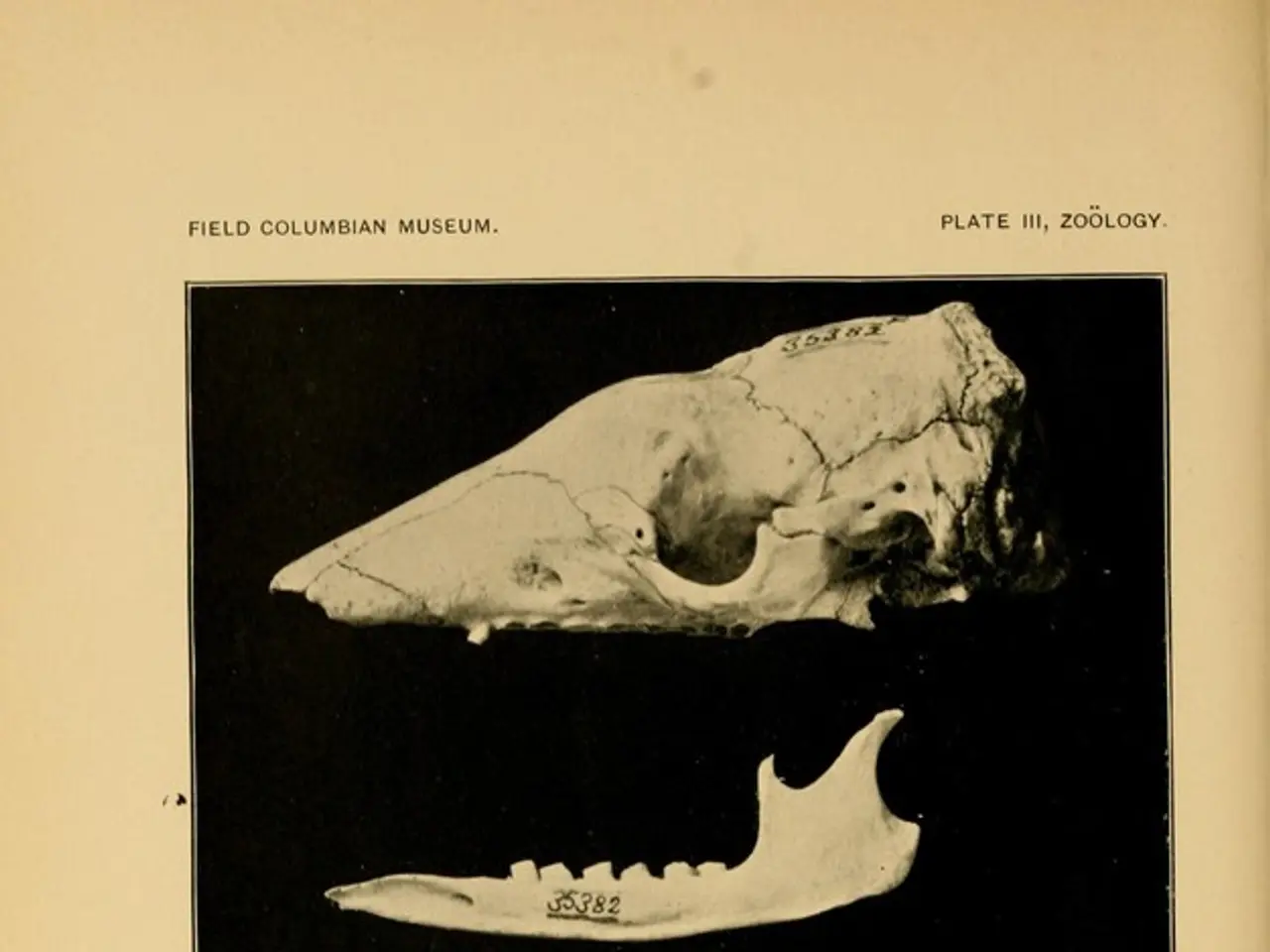"Initiative aimed at reducing violent actions by mentally distressed individuals" - Prevention Initiative for Aggression by the Mentally Distressed
In the heart of Germany, the city of Hamburg has taken a significant step towards enhancing public safety by establishing the "Hamburg Network for Person-Centered Risk Management." This network, active since August 1, aims to detect potential threats from mentally ill individuals earlier and reduce the risk of violent acts.
The network is a multidisciplinary approach that brings together healthcare, social services, and law enforcement to provide person-centered care, conduct individualized risk assessments, and implement coordinated interventions. The focus is on early identification of risk factors, continuous monitoring, and tailored prevention strategies that respect patients' rights.
The network's activities follow a series of measures announced by the Hamburg Senate at the beginning of the year, including setting up a prevention unit within the Social Authority and establishing a competence center for risk assessment at the state criminal police office.
On May 23, a knife attack at the central station in Hamburg left 19 people, including three women aged 24, 52, and 85, and a 24-year-old man, with life-threatening injuries. The attacker, a 39-year-old woman, was already under investigation by the public prosecutor's office in Lübeck for dangerous bodily harm.
While evidence from similar person-centered risk management programs suggests they can be effective in enhancing communication and coordination, improving the identification of potential triggers for violence, reducing hospitalizations and crisis interventions, and ultimately lowering the incidence of violent acts linked to severe mental illness, the Hamburg Network's specific impact remains to be seen.
As of now, rigorous evaluations or peer-reviewed studies specifically assessing the Hamburg Network's measurable impact on preventing violent acts are not widely published. For detailed, evidence-based data on this network's outcomes, consulting specialized psychiatric and forensic research publications or contacting Hamburg's health authorities directly might be necessary.
By fostering better information exchange among the involved parties, the Hamburg Network for Person-Centered Risk Management hopes to create a safer environment for all citizens, ensuring that those in need of help receive it before a crisis occurs. Long-term observation and continuous monitoring will be crucial in determining the network's effectiveness in achieving its goals.
- The "Hamburg Network for Person-Centered Risk Management" has started vocational training programs for its members in healthcare, social services, and law enforcement to enhance their expertise in mental health.
- As part of its comprehensive approach, the Hamburg Network encourages the integration of health-and-wellness and mental-health policies into community policy, striving for a holistic approach to public safety.
- In the wake of incidents such as the knife attack at Hamburg's central station, the need for scientific research on the effectiveness of person-centered risk management networks, like the Hamburg Network, in preventing crime and promoting general-news awareness becomes increasingly important.




